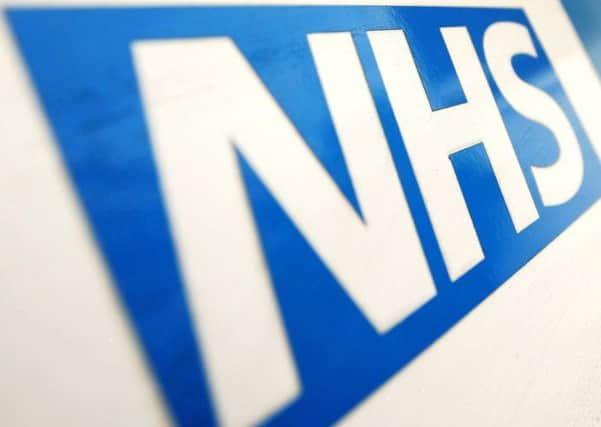Charity warns ‘unsustainable’ NHS diabetes care must improve


The disease costs the health service nearly £10 billion a year, but the vast majority of this cash is spent on tackling complications that arise from the illness such as kidney damage.
The charity Diabetes UK accused health bosses of “failing to learn” early intervention can save taxpayers’ money and improve the lives of millions of Britons living with the illness.
Advertisement
Hide AdAdvertisement
Hide AdWith the number of people with diabetes estimated to hit five million by 2025, it warns the NHS needs to quickly improve its care before the bill to the public purse becomes unmanageable.
Barbara Young, Diabetes UK chief executive, said: “The NHS is spending an eye-watering amount on diabetes but the money isn’t being used effectively, which is running up a huge bill for the future.
“This report shows how dealing with problems early, such as by improved inpatient care and effective care planning, costs could be greatly reduced and more people would live longer and healthier lives.
“Too often, the focus is on cutting costs in the short-term such as by cutting diabetes specialist nurses, restricting access to blood glucose test strips and poorly planned transferrals to primary care. But this is making it difficult for those with diabetes to manage the condition and is offering poor value for money for taxpayers.”
Advertisement
Hide AdAdvertisement
Hide AdShe warned that at a time of tightening budgets and when the number of people diagnosed with diabetes is spiralling, the “current approach is unsustainable”.
In a new report, the charity accused health chiefs of failing to implement measures that can slash costs and improve care for diabetes patients.
The NHS spends £9.9bn a year tackling the illness, and that bill is set to rise as growing numbers are diagnosed with the condition.
But just £2.1bn is spent on treating the illness itself, while £7.7bn goes on addressing complications that could have been prevented if the patient had received good healthcare in the first place, the charity said.
Advertisement
Hide AdAdvertisement
Hide AdThose who are diagnosed late or do not receive timely care can find themselves having to spend extra days in hospital and suffering from kidney and nerve damage as a knock-on effect, running up huge bills for the NHS.
While vast amounts of money is being ploughed into diabetes treatment, it is too often used ineffectively, the charity warns.
The report sets out a series of measures it claims will save the health service billions and improve patient care.
It claims that better programmes educating on how to manage the condition can save £2,200 a patient while a reduction in foot amputations could save hundreds of millions of pounds a year.
Advertisement
Hide AdAdvertisement
Hide AdIn a separate study today, doctors from Southampton warn failure to recognise symptoms of Type 1 diabetes in children is putting lives at risk by delaying treatment, particularly in youngsters aged under two.
Lack of awareness of the condition among health staff meant patients were being sent to multiple clinicians, having unnecessary investigations and being misdiagnosed.
Diabetes causes blood sugar levels to become too high. In the long term it can damage a sufferer’s eyes, heart, nerves, feet and kidneys - leaving many dependent on dialysis.